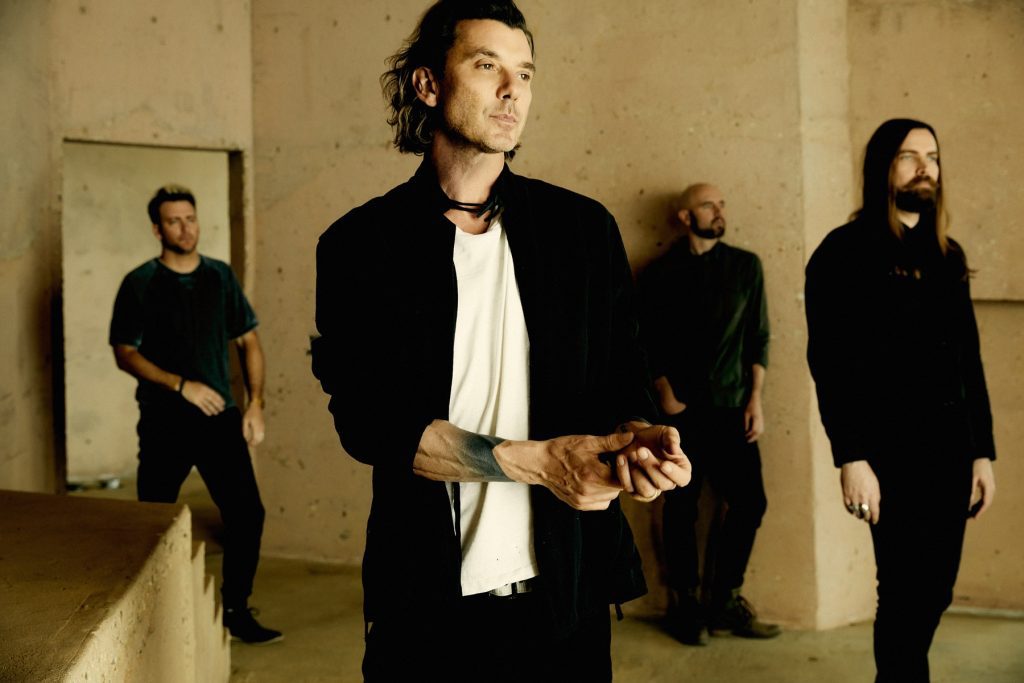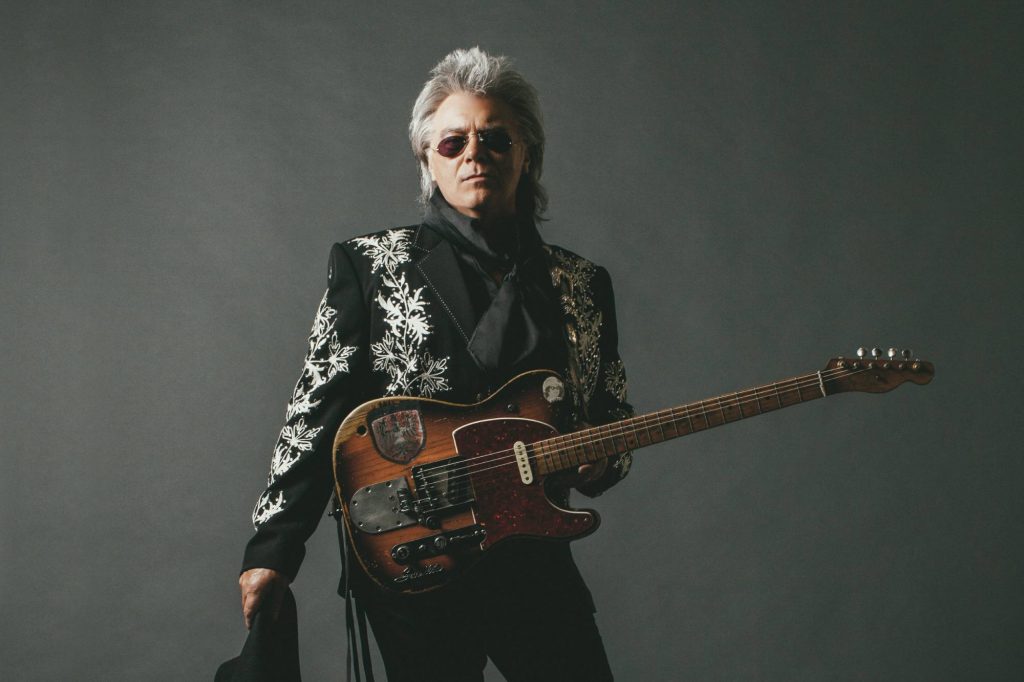With “Nam Nation” Behind Him, K-Pop Star Eric Nam is Finally Playing by His Own Rules
The following feature is from Fan Mail—an editorial series produced in partnership with Vivid Seats that explores the relationship between superstar artists and their most passionate supporters
A man of many talents, Eric Nam’s greatest gift is his ability to traverse multiple worlds while making it all look effortless. The Atlanta-born K-Pop star got his start in 2013 after placing in the top five of the popular Korean music competition series Star Audition: Birth of a Great Star 2. His success led to him signing his first record deal with B2M Entertainment. In the following years, he developed as a multi-faceted creator whose fans came to know him as a musician, TV personality, interviewer, podcaster—in 2021, him and his brothers rolled out their podcast platform Mindset—and a vocal mental health advocate.
Though his Spotify streams and Instagram followers continued to climb, Nam was left feeling unfulfilled by his early musical output and in need of a change after coming up in the rigid label system. “I think there’s always a struggle between the label and the artist,” says Nam. “I knew that if I was not making music that I personally love and enjoy, then there’s no meaning to it. I’m singing these songs thousands of times a year; if I’m miserable singing a song, then why do it?”
In the summer of 2021, Nam decided it was time to forge a new path all on his own. He doubled down on his talents by breaking out of Korea’s major label system, opting for the independent route that would afford him the creative freedom he’d coveted for years. His recent release, There and Back Again, is a seven-track testament to that newfound independence that finds the 33-year-old experimenting with new sounds and artistic dimensions. Released in January 2022, his latest effort earned him his first spot on the Billboard 200 chart where he peaked at No. 16.
Below, we caught up with Nam between European tour stops to discuss his career trajectory, his first release as a newly independent artist, and how his insanely loyal fan base, the “Nam Nation,” has supported his varied passions every step of the way.

Eric Nam
Ben Schmidt
IndieLand: When did you decide to focus on the passion that you were developing for music? Given all the hats you wear, was there a specific moment when you knew that music was where you wanted to direct your energy?
Eric Nam: I started my career in 2011 through a TV audition program. And that was the first glimpse that I got that maybe I could pursue music. And for the first, I’d say, five, six years after that, it was a constant struggle and a battle. I’d ask myself, “Does this make sense?” because even after the show, [I was] doing music, but it wasn’t exactly [the music] I wanted to do. And in Korea, outside of doing music because I’m a solo act, I had to do a billion other things at once.
So, the radio, the TV, the hosting, the interviewing, the random events, and anything that you can imagine, I was trying to do to stay relevant. So I don’t think I was fully accepting of the fact [that] I could actually do music that I like and put out stuff that I enjoy until 2018, so it’s very, very new for me. In 2018, I put out an album called Honestly, and that was the first time where musically, I felt actually fulfilled.
RS: When I was prepping for this convo, I noticed that a bunch of outlets refer to you as some form of an “accidental pop star.” We’re so quick to deem artists overnight celebrities because we weren’t tapped in when they were toiling in private, writing a bunch of songs that we’ve never heard, so I’m curious about your take on that notion.
EN: I mean, I think there’s an air of truth to that because I honestly didn’t think that this would ever be possible. When I graduated, I was going to be a consultant at Deloitte doing strategy and operations, and that was my path. Music never [seemed like] a real opportunity because even today, I don’t see a lot of Asian American artists in the mainstream in America. There aren’t many of us. So, for me to be selling out—by the end of this year, we’ll probably have done 80 sold-out shows—that’s crazy, because ten years ago, there was no Asian male singer, female singer doing anything like what I’m doing today.
I think that’s also why I’m so grateful for the position I’m in and the fans that have been along for the ride that support me in whatever way they can.
RS: How does that connection with your fans influence the music you make? Do you ever find yourself penning a song in a particular way because you have your audience in mind?
EN: I think a lot of writers try to think of it like, “Okay, what’s a lyric, what’s a phrase, what’s a melody that’s easy to latch on to that’s going to be easy for us to throw out there and [that will] get a life of its own.” At the same time, stepping back, when I’m putting together an album or a project, I’m thinking, “what are the stories that I want to tell? What are the emotions that I want to convey?”
That actually takes a bigger precedent. And then, once I’ve written all my songs, I get into, “Okay, when I’m doing a concert, what’s going to be the really, really fun [song] that I want to do, and everybody’s going to freak out, and what are the ones that are going to be more chill where everybody gets emotional. I do think of the audience’s reaction.
I think some people just like to put out projects, and they don’t really like to perform. I love to perform. And so, for me, I can’t ignore what this is going to sound like live and the reaction I’m going to get from fans when they hear a song.
RS: Earlier this year, you put out your most experimental project to date with There and Back Again. Now that you’re in a space where you’re creating the music you truly want to share with fans, I’m curious, what song were you most excited for them to hear, and were there any tracks that you were nervous about putting out?
EN: I was really excited for people to hear “Wildfire” because it is a very big departure from everything else on the album and things I’ve done in the past. That song is so hard to do live, but when it’s done well, people are just dead silent and stunned. It’s a very emotional song to be performing every night, and that’s why I save it for the end.
I was a little nervous for people to hear “Any Other Way” and “Lost on Me” because those were also departures, and I think natural progressions of where I want the music to go. Where it’s still pop, but it’s a little more elevated. It’s a little less mainstream, I think. It leans to the left, and I feel like that’s the direction I will continue to go.

Eric Nam
Ben Schmidt
RS: If the ticket sales are any indication, it looks like people are buying into the new shift in direction. That said, you wrapped up the US leg of your There and Back Again tour in March. What was your favorite tour stop during that stretch?
EN: Salt Lake City, we sold out 2,400 tickets, and I was like, “Who’s in Salt Lake City? And who’s coming to see me?!” so that was really cool. LA, I’d never played the Wiltern [and that was] my first show back in LA in four years.
And I think the hometown show is always very, very emotional. It was a brand new venue, and we live-streamed it across the world, so it was a very, very big moment where friends, families, old school teachers, whoever, everybody showed up. And so that’s always a treat.
And finally, [I’d say] the House of Blues in Boston, which is about 2,400-something seats. I went to school in Boston, and I had seen Adele there when she had put out 21, but this was before her album had blown up. And I remember watching her and being like, “Holy shit, she is so good.” It was one of those moments where I got to play this stage where I had a very “wow, this is music” moment for me, so it was a full-circle thing.
RS: This Fan Mail series is all about the relationship between artists and their fans. So, before we wrap, I’d love for you to talk about the impact that the Nam Nation has had on your career as you’ve charted your path.
EN: Honestly, without Nam Nation, without fans, my creative endeavors are in many ways meaningless. When you put something together, yes, it can have a personally fulfilling meaning to you. But I think artists put things out because [we] want it to be heard and understood and appreciated by people. But if there’s nobody to look at your painting, if there’s nobody to listen to your music, then in many ways, it’s selfish, though that’s not necessarily a bad thing.
For people to engage with my content, my music, whatever I’m doing, it means the world. And it also inspires me and gives me the confidence to keep going. You know, sometimes I’ll do a meet and greet, and I’ll have a conversation with a fan who’ll [say something] like, “Whatever you do, we have your back, and we’re here for you.”
Every once in a while, I hear that, and it hits me in such a deep spot that I kind of tear up because if you’re not listening and not supporting, I’m not going to be able to do this. I’m going to go work at a different job. That’s the reality of it. It’s an uncomfortable truth, but that’s just…it is what it is.


